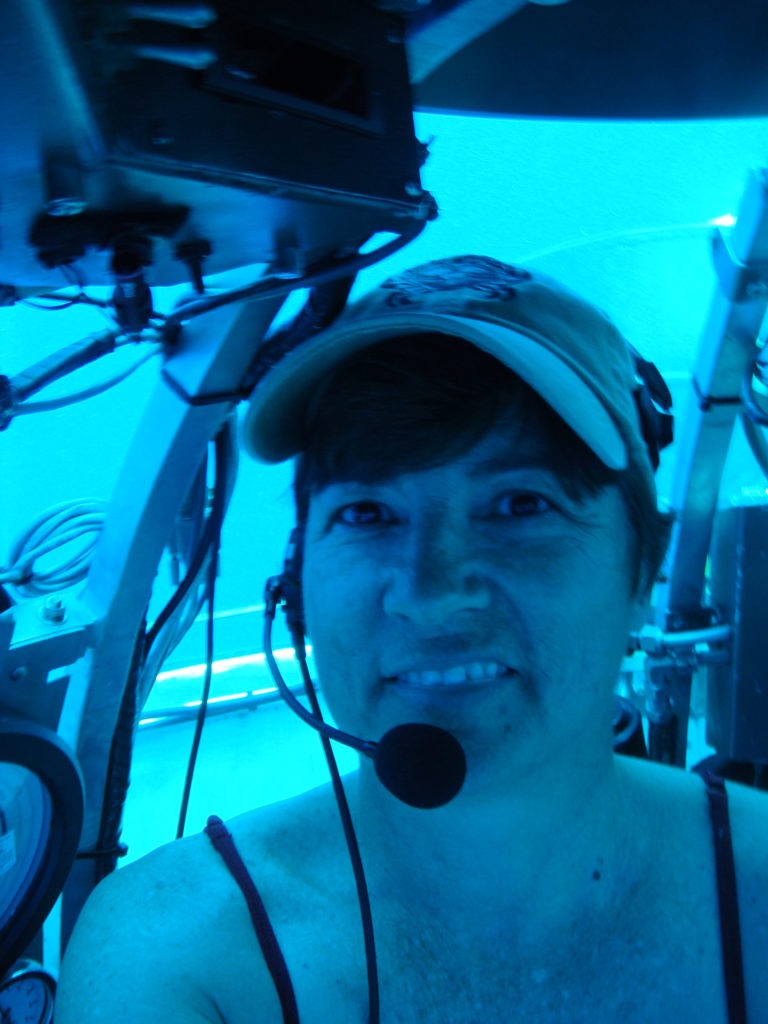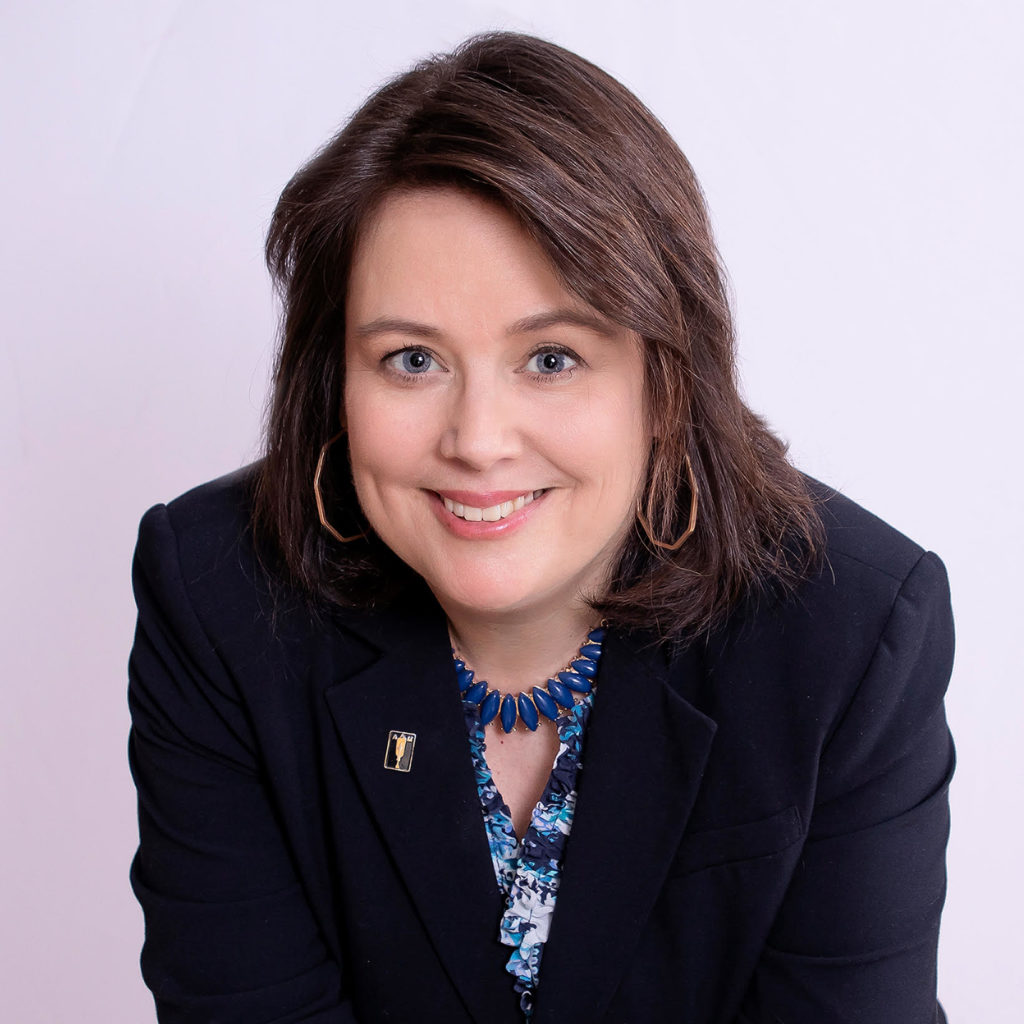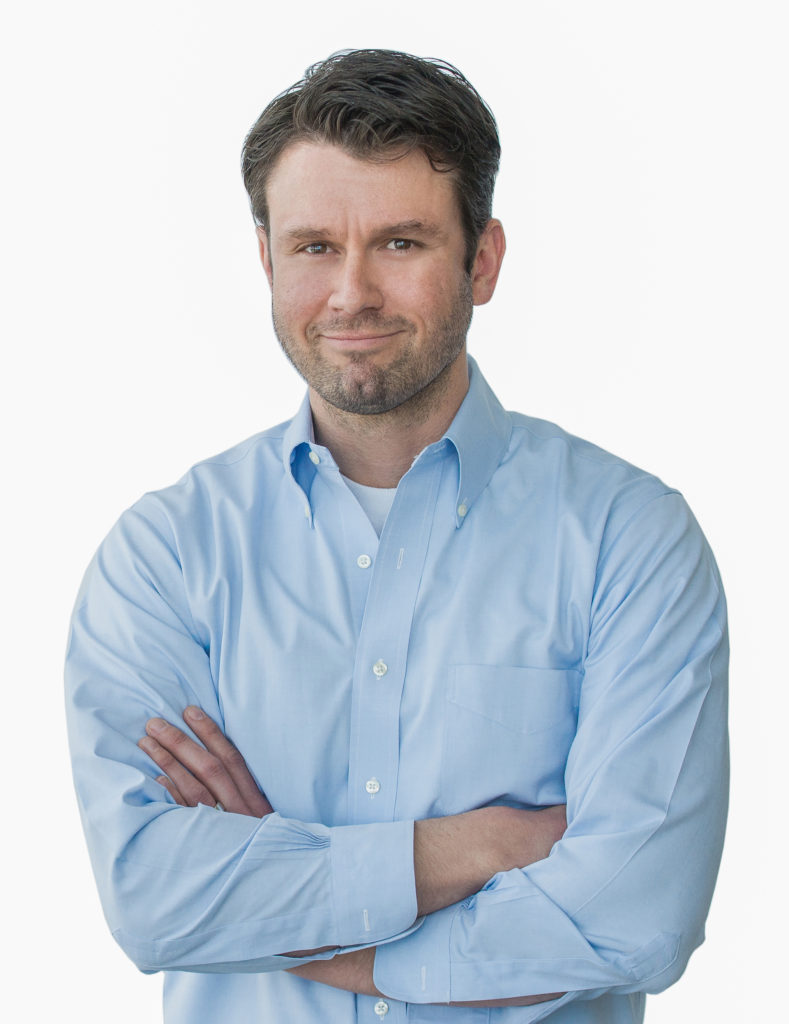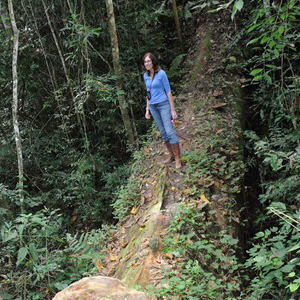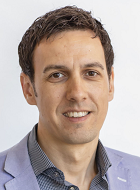Podcast: Play in new window | Download
Subscribe: Apple Podcasts | RSS
Dr. Edith Widder is Co-Founder, CEO, and Senior Scientist at the Ocean Research & Conservation Association (ORCA), a scientific based conservation nonprofit. Edie received a BS in Biology from Tufts University and worked as a Laboratory Technician at Harvard Medical School before enrolling in graduate school. She attended UC, Santa Barbara where she earned a MS in biochemistry and a PhD in Neurobiology. Prior to founding ORCA, Edie worked for 16 years as a senior scientist at Harbor Branch Oceanographic Institute. Edie has received numerous awards and honors throughout her career, including a MacArthur Fellowship, the 2018 Explorers Club Citation of Merit, Induction into the Women Diver’s Hall of Fame, and Certifications as a research pilot for single-person submersibles, including wasp, Deep Rover, and Deep Worker. Edie also has the honor of having her underwater images featured on seven of the ten recently released bioluminescence stamps from the U.S. Postal Service. In our interview, Edie shares more about her life and science.
